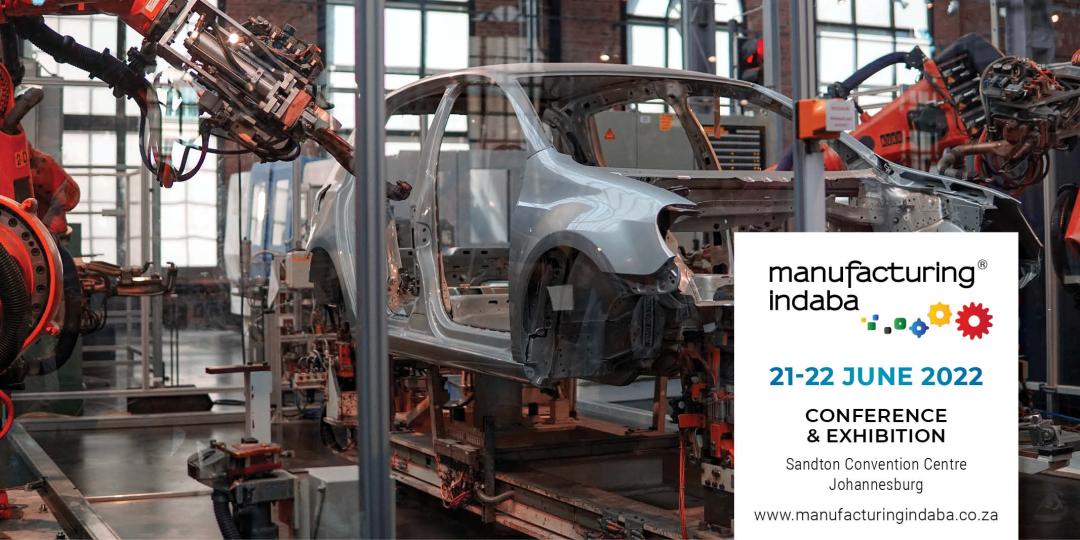
In response to COVID-19’s new founded realities, industrialists are restructuring their businesses to swiftly adapt and remain competitive in an era of volatility. As such, they are confronted with various challenges which require close attention:
Remaining competitive on a global front
The impact of the pandemic has exasperated cost pressures for manufacturers with consumers seeking considerable discounts and deals. To compete at level playing fields to South Africa’s Asian economic counterparts that produce at economies of scale and considerably lower unit costs, local manufacturers must improve efficiencies and productivity levels. As such, emphasis is increasingly placed on containing costs and employing innovative technology to increase output as well as minimise inventories and wastage.
Investment in worker safety
Manufacturers have always prioritised health and safety measures. However, COVID-19 has highlighted the necessity for superior levels of worker safety. As manufacturers resume production, social distancing in the workplace, hygiene and hand sanitisation will remain mandatory. Further, they will need to optimise movements as well as build limited contact into production processes. Manufacturers need to look at the entire manufacturing process and monitor all possible interactions. This will entail limiting the number of people entering the facility, monitoring which individuals or equipment entrants interact with, all while ensuring appropriate distancing.
Technological innovations
The pandemic has severely affected the field service constituent across the industrial sector, hindering technicians from physically repairing and maintaining equipment on-site. Manufacturers have consequently been compelled to adopt augmented reality (AR) and virtual reality (VR).
These cutting-edge innovations have empowered technicians to remotely service customers as such devices direct them through basic troubleshooting and repairs from a distance. Beyond this, 3D printing is fast becoming the norm as predictive analytics reduce buffer inventory, enhance production, reduce costs and enable the manufacture of items on demand as opposed to producing and warehousing them.
Moreover, big data provides industrialists with real-time insights into their business operations, enabling informed decision-making in real time. This additionally assists in forecasting and scenario planning.
Policy interventions
In an endeavour to effectuate industrialisation-led recovery, while simultaneously fostering prospects and confidence across the manufacturing landscape and the economy in its entirety, innovative and consistent policy interventions are essential by governmental authorities and sectoral leaders alike.
Supply chain reviews
The economic slump owing to the pandemic has provided a high-pressure, strategic opportunity to reconsider supply chain operations for flexibility and adaptability, with increased deliberation for reshoring, nearshoring and on‑shoring.
The bottom line is that while manufacturers have been hard hit by the pandemic, those who resourcefully adapt to the challenges resulting from the pandemic, will find themselves in an opportune position to not only survive in the post-pandemic era, but thrive.
The theme for the 2022 Manufacturing Indaba, Reigniting economic growth through manufacturing is highly pertinent, given the pressure on manufacturing post COVID-19. The symposium is the premier conference of its kind providing an interactive forum for sectoral experts to present and discuss latest research findings, ideas, as well as emerging technologies and applications within the manufacturing landscape of Africa. The conference will feature keynote addresses and invited presentations by distinguished industry luminaries.
Supporting the growth of manufacturing in Africa, the nineth edition of the Manufacturing Indaba will be hosted from the 21 – 22 June 2022 at the Sandton Convention Centre.















